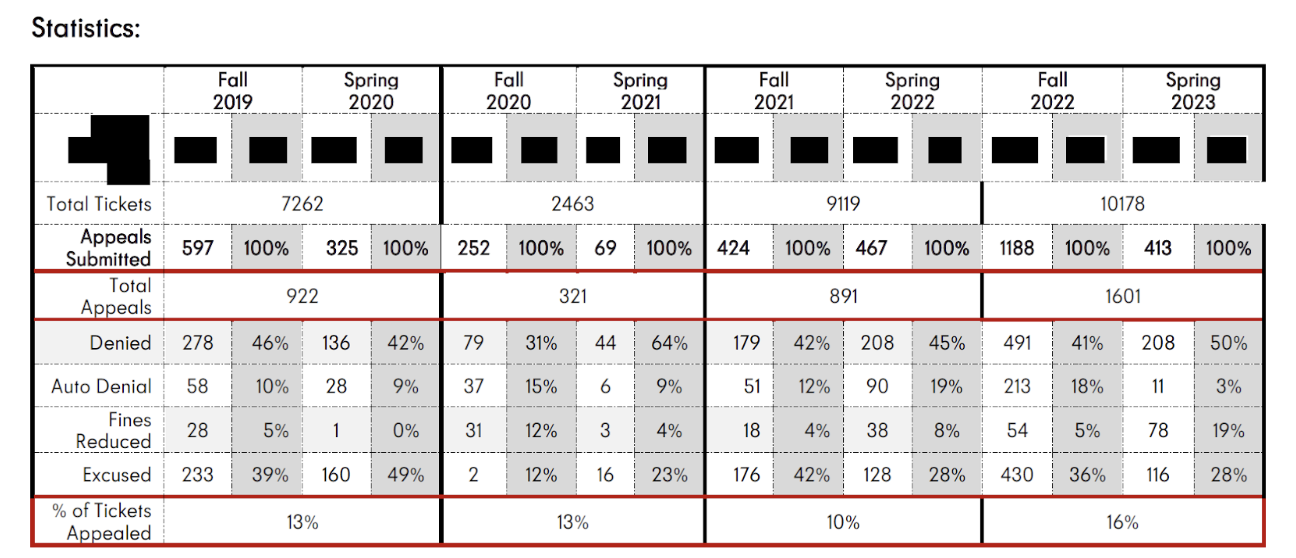For the last 200 odd years, American schools have focused on the three R’s: reading, (w)riting, and (a)rithmetic. The first two R’s, I have no qualms with. The last one, however, has always been a roadblock for me. I can pull As and Bs in writing, sociology, and literature, but when it comes to the logical stuff, I just can’t bring myself to give a flying you-know-what.
As a child, my afternoons were spent staring at my math homework. I’d breeze through spelling and social studies, but oh how I dreaded those math problems. I recall being in the first grade and growing more frustrated with every subtraction problem I got wrong. Seriously, what was 14 minus eight? I concluded that I must be pretty stupid, because everyone else seemed to understand it. When I was in the third grade, a rather callous teacher (who, in hindsight, really had no business working with children) reduced me to tears as I struggled to solve a seemingly unsolvable word problem. These traumatic childhood experiences only served to confirm my suspicions. For years thereafter, math would become a veritable thorn in my side.
My inability to competently perform in my math classes followed me like a bad smell to middle school and high school. With it, my apathy increased. I struggled to keep up in even the most basic math classes. The contrast between my math and English capabilities became more pronounced; I took the lowest level math classes and the highest level English classes. My peers were all classic overachievers, the perfect Renaissance students. I watched as they breezed through their geometry, trigonometry and calculus assignments. I, on the other hand, never made it past Algebra I.
Year after year, they would try to get me to care about x times y or any other problem in the book. Every year, I failed to perform. My senior year, they gave up and let me take Consumer Math. Consumer Math, for those who have never taken it, is math that can actually be applied to real life situations. There is no pi anywhere in Consumer Math. Finally, math made a little bit more sense to me. I was able to squeak by with a C- (a rarity for me) and graduate from high school. My parents were so proud.
Now that I’m in college, I am still expected to take some kind of math class in order to graduate. My first year of college, I tried. I really did. I sat towards the front of the class, got friends to tutor me, and took notes. A month into the class, it became clear that my efforts were in vain. Did I keep on trucking? Nope. I dropped the class. Was it perhaps a cop-out? Maybe. But you know what? That semester was the first time I had ever made all A’s. I finally felt somewhat competent.
Still, I know it can’t be avoided forever. Eventually, I’m going to have to suck it up and pass algebra. As a Professional Writing major, isn’t it obvious why I might need to someday solve the value of x (It’s not obvious to me, but if anyone cares to enlighten me, corner me in the library sometime)? When the time comes to make that leap into the world of numbers, I suppose I’ll just have to pray for a miracle. As for right now, I’m avoiding it for as long as I reasonably can.
By Jen Weiss
She Said: School Work
For the last 200 odd years, American schools have focused on the three R’s: reading, (w)riting, and (a)rithmetic. The first two R’s, I have no qualms with. The last one, however, has always been a roadblock for me. I can pull As and Bs in writing, sociology, and literature, but when it comes to the…





Leave a Reply